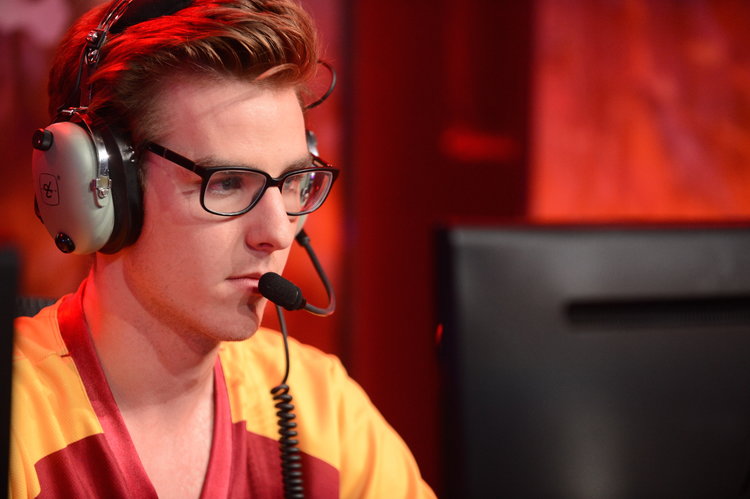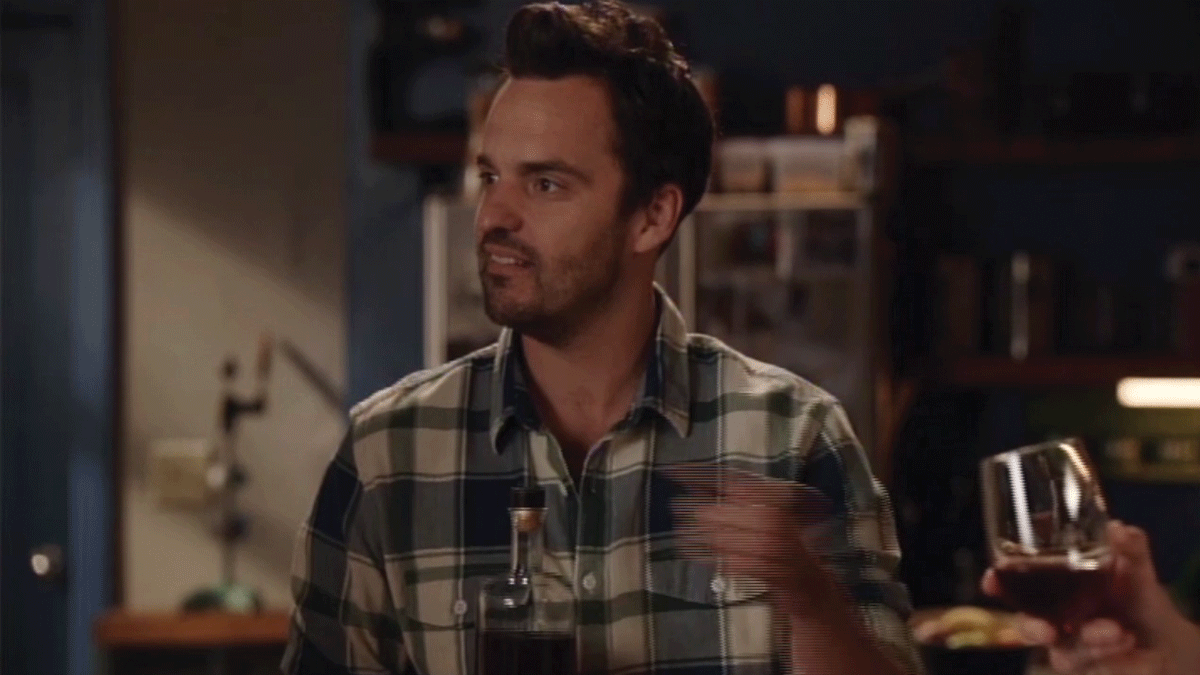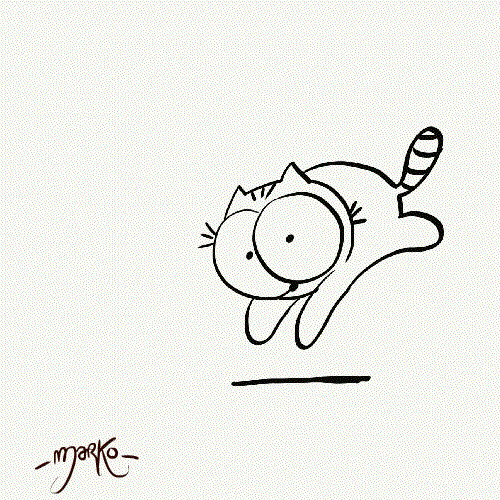CavalierGuest and Heartless are back with the fourth episode of educational content. Find all the previous episodes here.
This episode has been honoured with a guest appearance of MichaelUdall, player and shotcaller for Endemic. The three of them discuss shotcalling.
What is it, what responsibility do you have as shotcaller, how do you shotcall and how do you get better at it? Tune in right here!
For those who are unable to watch the video but still want to learn, I've written up a summary of the video. I have taken the liberty of structuring some of the subjects as they arrived at different points of the video.
Shotcalling, what is it, what is expected from you, and your team and how do you improve at shotcalling. These are the main questions asked and answered by Heartless, CavalierGuest and Michael Udall.
Kinds of shotcalling
There is no right or wrong sort of shotcalling. It all depends on what works for your team. Each form of shotcalling comes with its own pro's and cons, and each way of shotcalling is currently present in the pro scene as well.
Micro-shotcalling: When micro-shotcalling you basically micromanage everyone on your team, tell them what they should be looking for, go to that bush, stall this rotation etc. It's not just what people should be doing, but also, how, when and where. This is very intense on the shotcaller and it conditions the players to not think for themselves anymore. They will wait until they get told what to do, you turn into some sort of puppet master. And that can work because you have one shotcaller with the plan completely in his head and executing.
Shared responsibility shotcalling: You can shotcall more loosely than the micro-shotcalling, that way you give individual players more responsibility. You will tell them, for example, to 'invade the camp', but the tank is still responsible for finding the right engage to do so, you don't tell him how to do that. Generally, you give your team a goal and they will know to best way to achieve that goal.
Split shotcalling, or group shotcalling: When using this kind of shotcalling people generally have assigned roles within the shotcalling, as an example, you would have a macro shotcaller, who would tell you when to do camps, bosses, whether or not to give the objective. And someone responsible for team fights and keeps the win condition of your draft in mind and calls accordingly. The danger with this form of shotcalling is that it can lead to indecision, sometimes conflicting calls get made and it takes a couple of seconds to figure out what to do or not. At higher level games those seconds cause the game to change completely and can be just too late with a call. It can also allow for very good plays that a single shotcaller would be unable to coördinate. A good thing to have in this form of shotcalling, however, is someone who can veto when conflicting calls get made.

The most successful times in my career was when I was a micro-managing shotcaller
Trust
Whichever way of shotcalling your team uses, it all depends on the team trusting the shotcaller. You can only know if a call is bad if you follow it. If it turns out bad you can asses, after the game, why they ended up bad. Being slow on following up on a call can completely change the outcome of the call. Another important thing is to not discuss failed calls in the game. You can review the replay afterwards and properly assess why this was a bad call and learn from it. When discussing this in the game people can tilt or will get distracted and are not focusing 100% on moving forward in the current game. The conversation should always be about how to win the game from that point in the game. Not looking back. If you feel like your team is struggling with that, as a shotcaller, you can be a bit more upfront about it ('I don't care how you feel about this right now, we're doing it'). Your team needs to learn to trust and respect your calls otherwise you risk getting trapped. What's the point of shotcalling if no one follows. Once your shotcaller starts to feel like that its hard it has become an unhealthy environment.
It's important to keep in mind that shotcalling is a learning process and you learn more by losing, going into the replays and looking back to why a call you made didn't work. It takes time and effort and no one is going to start good at day 1. It is also important to look at replays and figure out why the other team made certain calls, and what makes them work. If you rotate 1-4 on tomb because everyone does it you're probably not going to be doing it right. You need to realise it gives you control over the turn in point, map pressure, you can collect both lanes gems, allow your team to take mercs. Understanding why you do something is more important than the act itself. It can actually be a good thing to scrim a little less and watch replays a bit more as a team. This way the team also learns what the shotcaller is looking for in certain situations and can do this on their own. This way you don't have to shotcall as much and leave coms clear only when deviating from the set plan.

Trust your shotcaller, review after
Communication
This is what makes you a good shotcaller. A good shotcaller has good communication and listening skills, he or she is good at gathering information by listening to the team, getting information about cooldowns, where they are on the map and what they're doing. A shotcaller can also communicate and articulate situations properly, think about rotational advantages, or asking your off-laner if they can burrow. They need to make sure everyone is on the same page at all points during the match. For this, it is important to have a shared vocabulary that everyone understands. For example, what is the difference in your team between pushing and slow sieging. Poke vs stalling. Making sure everyone understands what is what and what is being said and communicated. This comes with practice, but can also be built watching replays. Looking back to where you were doing one thing and describing that as the concept of slow sieging. Next time slow sieging is called everyone will remember that specific instance and know what is expected from them.
The most important thing to perhaps say according to Michael is 'Nice try'. Sometimes you make a call, or something isn't executed amazingly and you end up in that awkward silence moment in voice where no one is saying anything. It's an unpleasant part to be in, so saying nice try just alleviates that moment and allows you to keep looking forward from that point.
What information is useful for the shotcaller to hear from the other team members? Enemy position, enemy cooldowns, what they are doing on the map. From the off-laner you want to hear what goes on in that lane since you can't see it. The off-laner should call out when he has an advantage, allowing him to possibly double soak, rotate for a gank or assist on a camp. Or call out when the enemy off-laner is overextending and can be ganked. Generally knowing the situation in the off-lane, if your off-laner is doing well and is capable of leaving for moments allows your shotcaller to coördinate advantageous scenarios. Tanks should be calling out cooldowns, theirs and the enemies, so they know when their kill pressure is low and when they can potentially safely engage, is generally an anchor so calls out vision and fog. For example when they rotate onto a camp. Support should be calling out cooldowns and whether or not the teammates are safe. As a general rule of thumb, if you find yourself with a moment free, you can check and call out timers of camps or bosses. Enemy cooldowns should be called out by anyone who they get used on realistically since they're the one person most likely to notice, when Garrosh throw gets used, or when Jaina in your lane used blizzard. All this information opens up chances to make an advantageous engage because the enemy is missing their kill pressure at that moment.
As a shotcaller, you often do not see what is going on in the off-lane. Generally, it is better to ask your off-laner if a rotation out of the lane is possible or if capping a point at that moment is possible rather than telling the off-laner.
Pings in pro play vary a lot per team. It can help a lot in clarifying communications. 'Ward this bush' without further context compared to 'Ward the bush I ping' followed by a ping. Pings should, however, be combined with voice. The information available in Heroes pings is not as extensive as in other games, and can easily mean different things. Pinging danger can mean the tank is warding there or maybe you saw their back liner rotating trough.
Communication is the most important thing in a team, and there is no clear cut way to develop this. But having a conversation about things helps. Watching replays together, building a vocabulary together, but also being honest about getting tilted. If you have something personal going on or getting frustrated with our own play. Be honest about it. Record your coms when playing and if you trust your teammates, don't always tell them what to do but what the goal is, they know how to get you there.
Who should be your shotcaller?
The person who is best at shotcalling. No really, it doesn't matter what the role is of a person to shotcall. A lot of people find it easier to have the tank shotcall since he will then also immediately be able to make the right engages. But on the other side of that is that you then sometimes see tanks engage before their team is fully there, after the call is being made. Your shotcaller is also not your captain per se, I mean it can happen, but those are two different roles and are not related. Off-lane is probably the hardest role to shotcall from since you're not seeing all the things that the people in the 4 man see. Wubby does it, so it can work, and generally, you see a sort of split shotcalling then, the off-laner calling the macro shots, and someone in the 4-man making more engage and teamfights kinda calls.
A shotcaller will always be split focused, anyone who will shotcall will play worse mechanically. Skill will suffer when you have to focus on more than just your buttons. It helps with that to split the burden and give your team responsibility in shotcalling.

Shotcalling when against a better team or when behind
Playing against a team with better buttons is hard. One way to work around that is globals for example on BoE, you have Dehaka pushing in top and Falstad bottom. Either they're going to miss two lanes of soak and you can give up the immortal, or the moment you see the enemy rotate to clear the lanes your globals are pushing in, global in and pick a fight 5v4. Another way to play is a guerilla-style comp where you draft, for example, an Anubarak, Greymane and monk and you're just going to run into walls. Again BoE where you have your offlaner top and some any siege like junkrat or even a 2nd sololaner bottom, and just play in the fog. The moment the enemy team shows in one lane you run to the opposite lane and just run into the wall and trade structures. Because you have so much pushing power they will have to start responding. The way you play late game team fights is by cocooning one person and trying to blow up their tank, and if you don't instantly kill the tank you just run away.
If you fall behind on snowbally maps, well, it depends a bit by how much you fall behind. As a rule, you can say that if you're more than 3 levels behind you can't just soak and get back anymore. When you're two levels behind you're likely to get a fight on even talents still. It's not great, but doable. When you're more behind you will need kills and that means making risky calls. Stuff they won't see coming. For example, a boss at a weird time, or a bush gank in an odd place. Take tomb of the spider queen, set up a bush gank on the enemy side bruisers when they still have all their forts in place. They're not going to expect it, they're not going to be ready for it. Or if they get greedy and you can see them soak two lanes, go invade their knights even though you're a talent tier down. Even if it doesn't work it's still the right thing to do.
So when you're 3 or more levels down, start running at the enemy team, but in a way that they don't see and expect you! Catch them off guard.

Run at the enemy team, but not in a way they can see you
Shotcalling in Hero League
MichaelUdall had a massive run on twitch grinding grandmaster taking the shotcalling role into hero league; Shotcalling in Hero League makes all the difference. In pro play it's one team that is slightly more coördinated than the other team, whereas in hero league you end up with one slightly coördinated team and one uncoordinated team. It's a massive difference. Now when shotcalling in hero league you need to get people to follow what you say and a lot of that is about perception. Shotcalling is a leadership thing if you yell at your teammate 'WTF ARE YOU DOING TOPLANE', you're probably not going to get a teammate that is going to listen to you. However, if you're nice and friendly 'Hey, I'll cover top lane so you can go bot' people might be more willing to follow. Line out the plan in draft and the loading screen (if on voice). For example, you have Nazeebo, so you want to turtle until 20, why? Because of Nazeebo. Break down your win condition and discuss how you can achieve that and if you don't immediately know, ask your team.